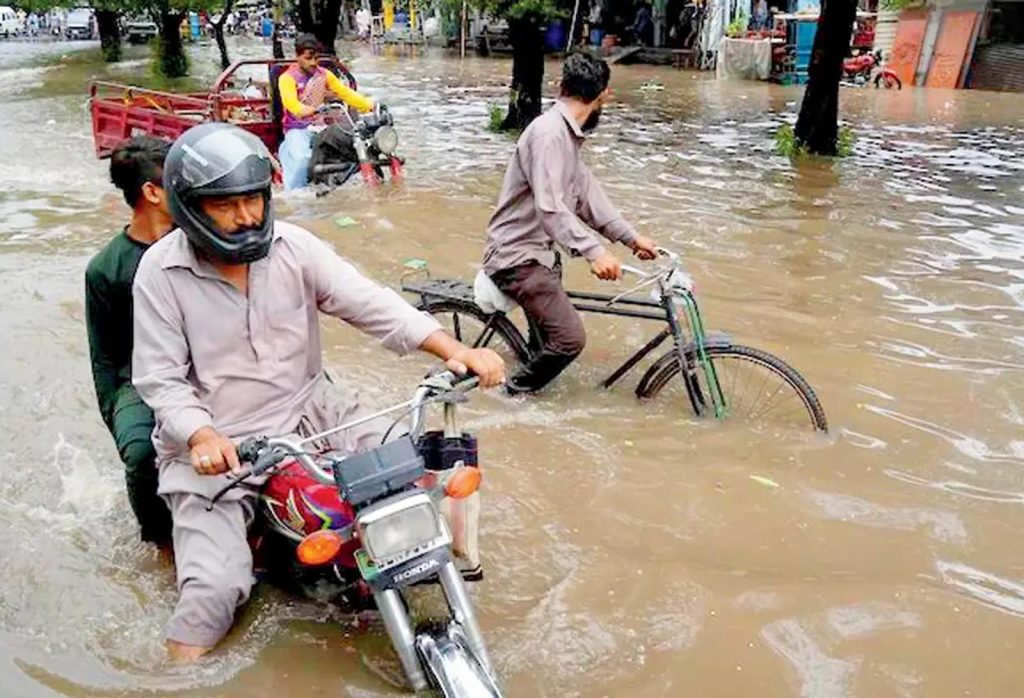Torrential rains and powerful thunderstorms swept across Punjab, claiming the lives of at least 18 people and injuring 110 others, according to a statement released Monday by the Provincial Disaster Management Authority (PDMA). The extreme weather led to widespread destruction, with emergency teams responding to dozens of rain-related incidents. Speaking on Geo News’ “Geo Pakistan”, DG PDMA Punjab Irfan Ali Kathia described the situation as “unprecedented” and beyond forecasts, noting that while heavy rains had been expected, the actual intensity of the system far exceeded predictions.
Kathia reported that a total of 124 structural collapse incidents had been recorded, most of which were attributed to improperly installed rooftop solar panels. He emphasized that 80% of the collapses involved solar plates, highlighting a significant safety concern. “Except for three incidents, all others were caused by these installations,” Kathia stated. While endorsing the use of solar energy, he stressed the urgent need for safer and standardized installation practices to avoid future tragedies during extreme weather events.
The DG also linked the increasing frequency and intensity of such disasters to global climate change, noting that Punjab has been experiencing sharp temperature rises during summers for two consecutive years. “We are facing the consequences of a 1°C to 1.5°C rise in global temperature,” Kathia said, adding that sudden 7°C spikes are contributing to more severe heatwaves. He identified the Cholistan desert as a particularly vulnerable area due to limited water resources and low population density, which make heatwave response even more difficult.


